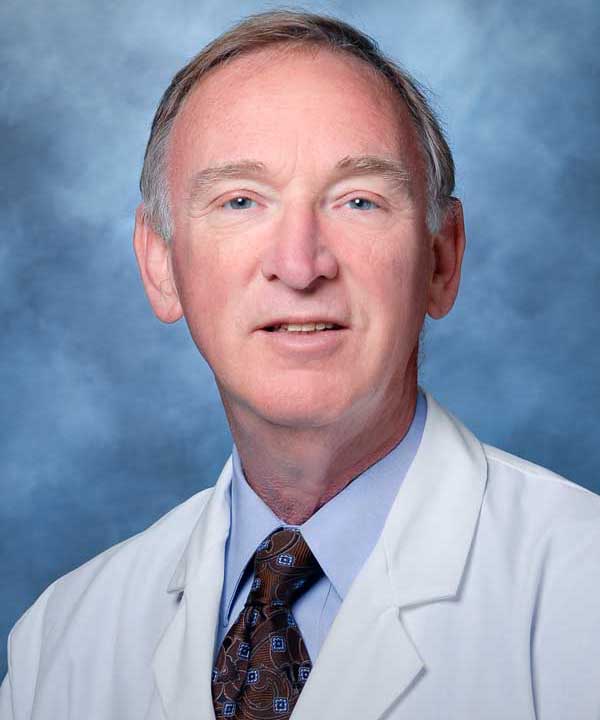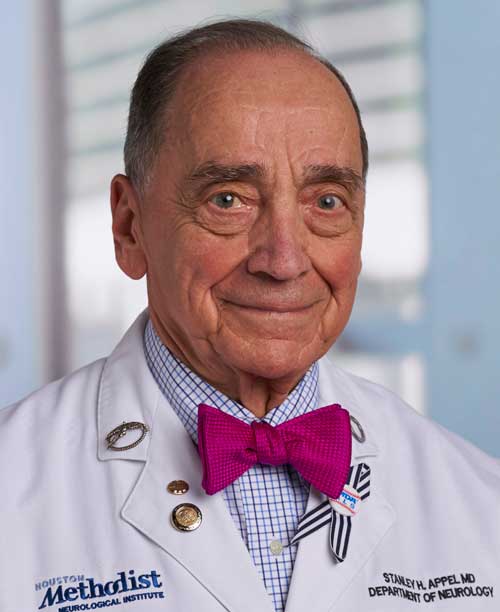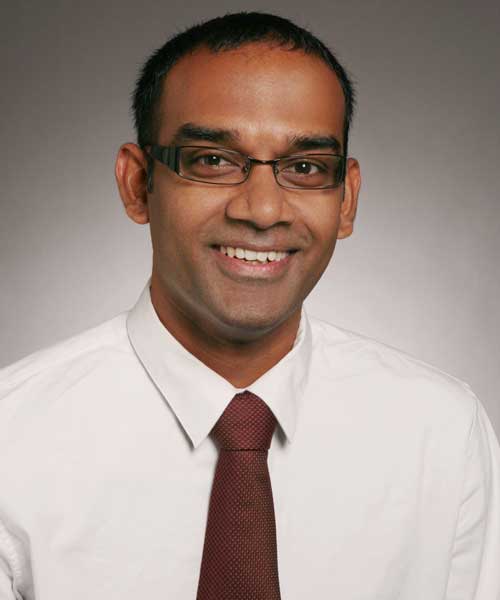Educators

Richard A. Lewis, MD
Professor of Neurology
Cedars-Sinai Medical Center
Los Angeles, CA
Program Director
Richard A. Lewis, MD, is a distinguished professor of neurology at Cedars-Sinai Medical Center in Los Angeles, California. He has an exceptional career spanning over 4 decades and has made significant contributions to the fields of electromyography, peripheral neuropathy, myasthenia gravis, and motor neuron disease. Dr. Lewis has held academic appointments at esteemed institutions such as the University of Pennsylvania, University of Connecticut, Eastern Virginia Medical School, and Wayne State University School of Medicine. He is the current Director of the Electromyography Laboratory, Neuromuscular Clinic, as well as the Centers of Excellence for Inflammatory Neuropathies (GBS-CIDP Foundation International), Inherited Neuropathies (Charcot-Marie-Tooth Association and Hereditary Neuropathy Foundation), and Myasthenia Gravis (MG Foundation of America and MGF of California). He is also the current Director of the ALS Clinic. He has published over 90 peer-reviewed articles and identified the multifocal neuropathy known as the “Lewis-Sumner Syndrome.” Dr. Lewis has also been involved in leading and participating in numerous clinical trials in inflammatory neuropathies and serves on the Medical Advisory Boards of several foundations.

Stanley H. Appel, MD
Peggy and Gary Edwards Distinguished Chair in ALS Research
Director, Johnson Center for Cellular Therapeutics
Houston Methodist Research Institute
Director, MDA/ALSA ALS Research and Clinical Center
Professor of Neurology, Stanley H. Appel Department of Neurology
Houston Methodist Neurological Institute
Houston Methodist Hospital
Weill Cornell Medical College
Houston, TX

Srikanth Muppidi, MD
Clinical Associate Professor, Neurology and Neurological Sciences
Stanford University
Practices at Stanford Health Care
Palo Alto, CA